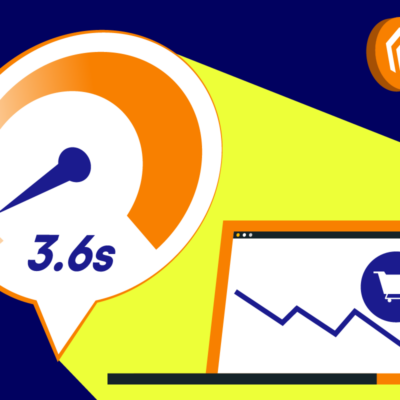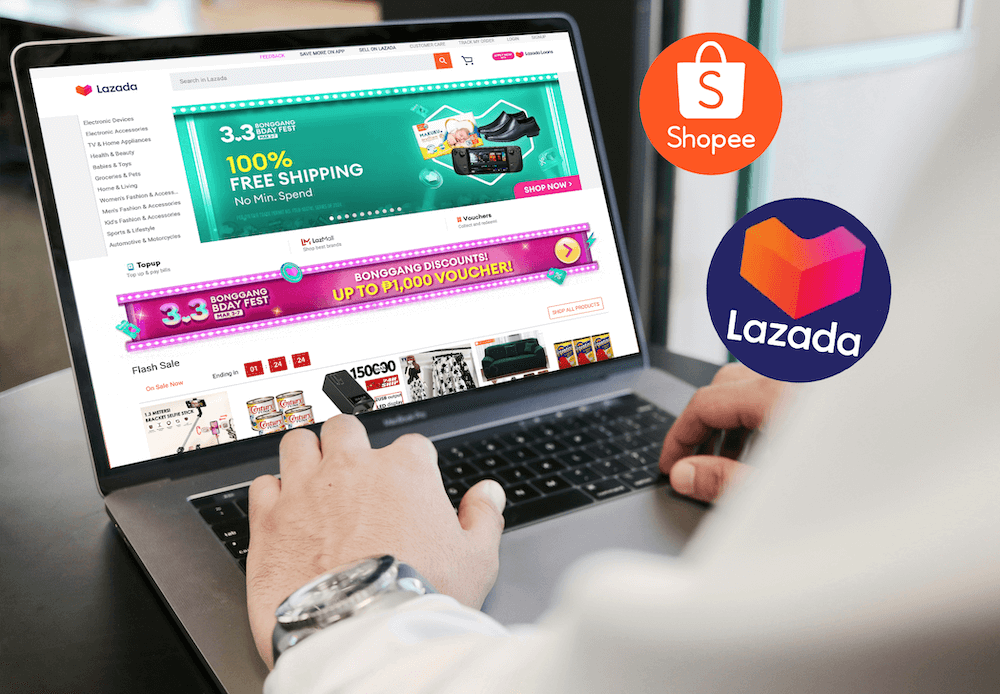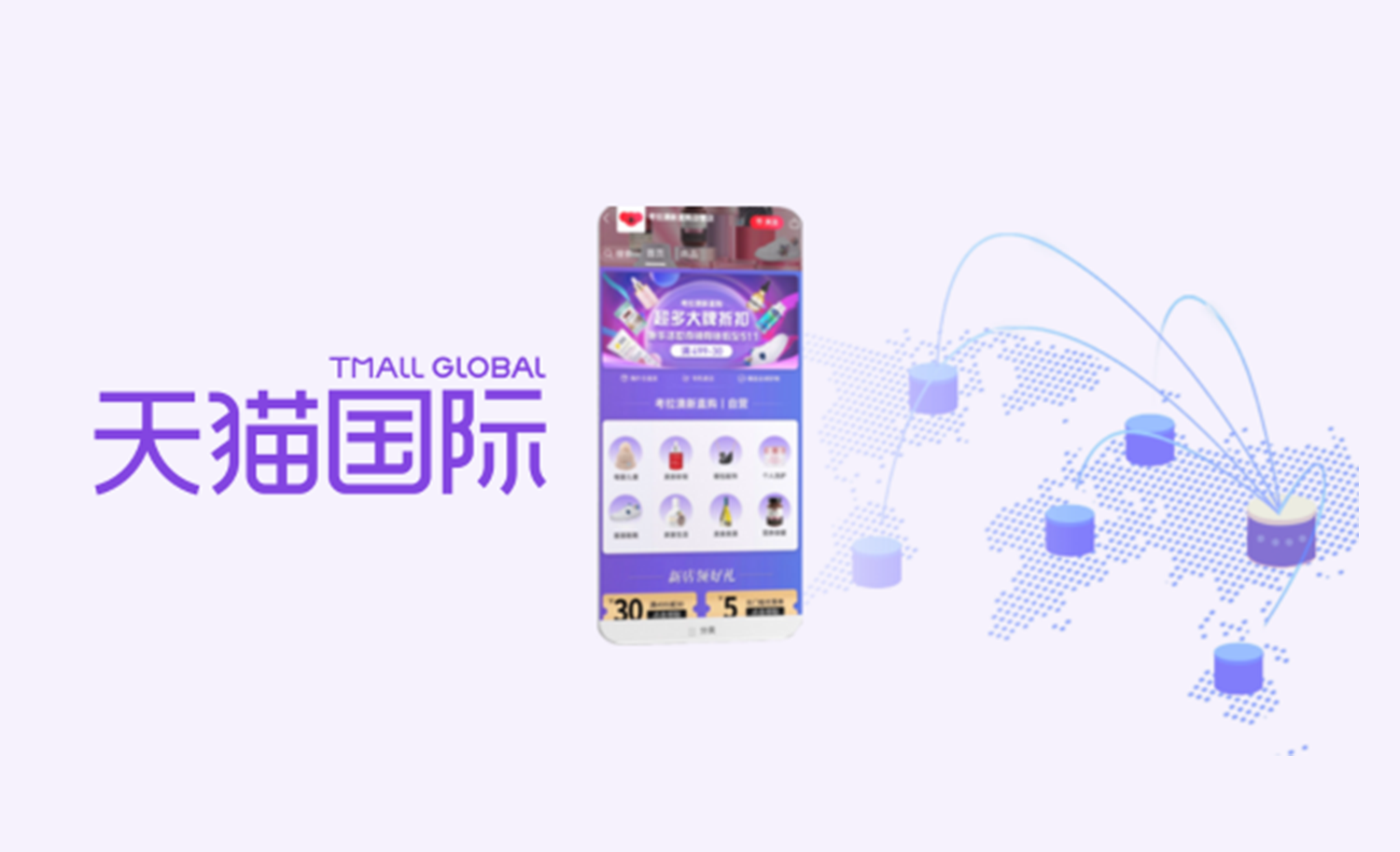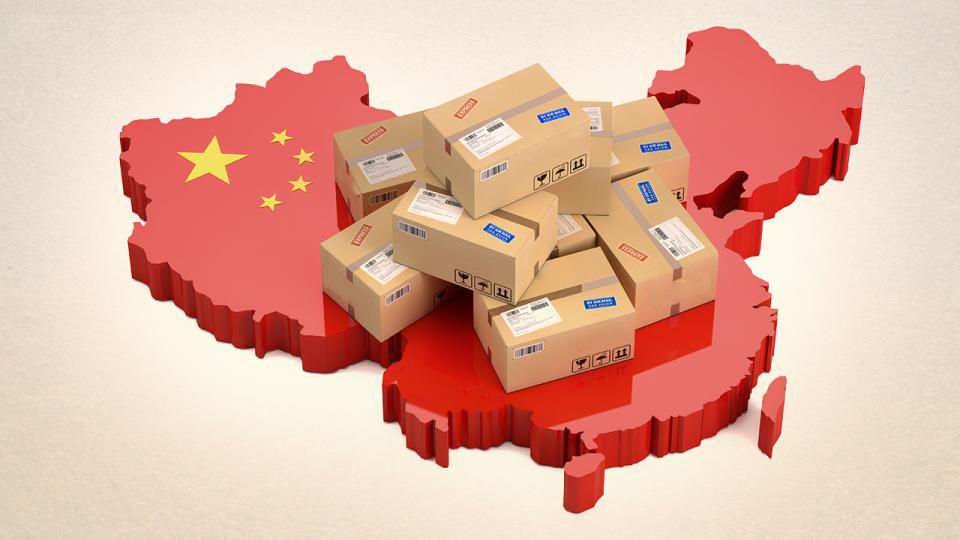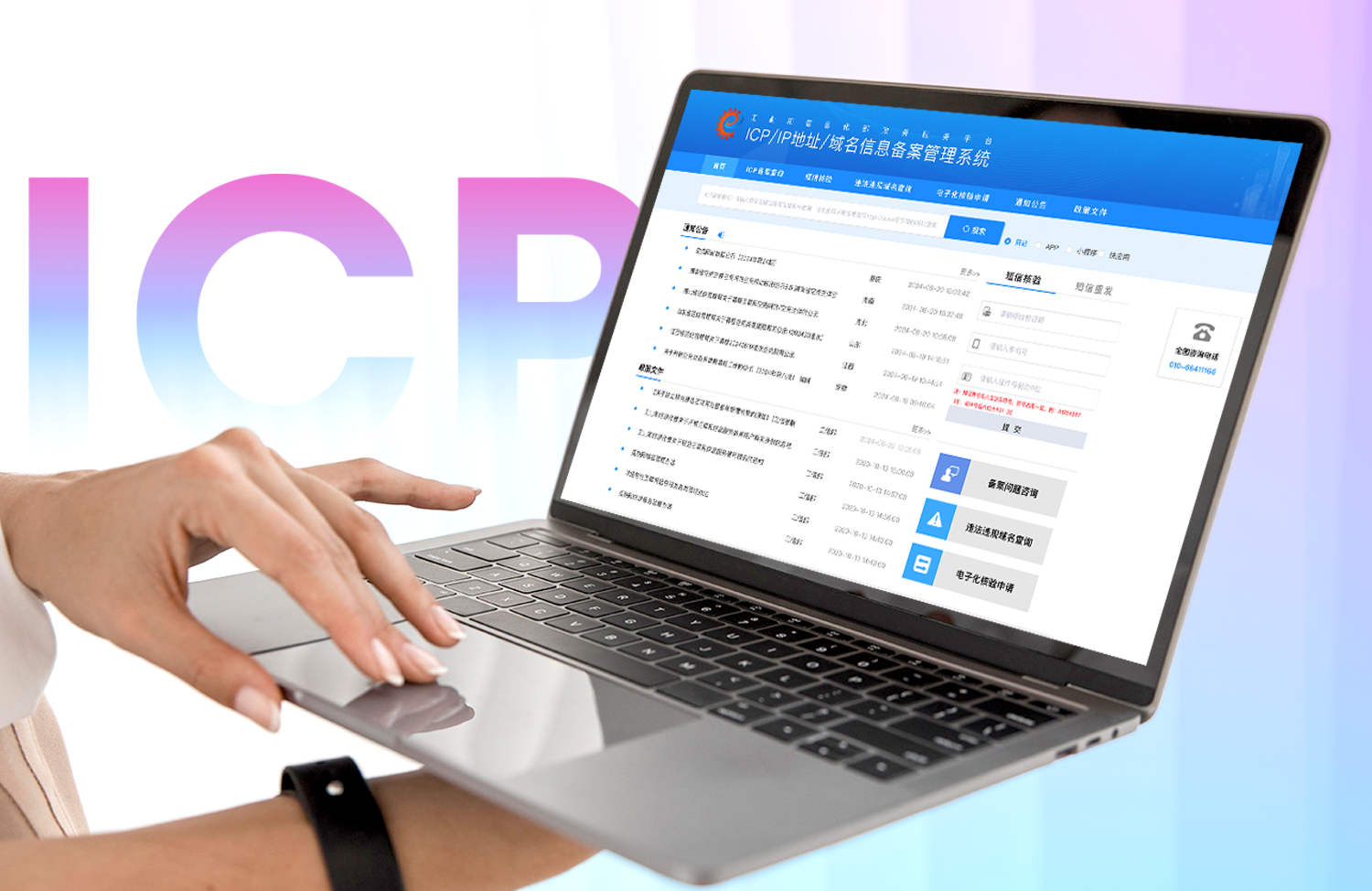The Coronavirus has had a massive impact on many aspects of our lives. Around the world, daily lives have changed as the virus hit each of our countries. Some impacts have been obvious, such as businesses closing or people working from home. But to the casual observer, the impact on commerce has been too chaotic to get a clear picture. In fact, different parts of commerce have been affected differently, so taken as a whole it really does look chaotic. The virus has hit different industries, different sizes of companies, different parts of the world, even different products in different ways. And there is an especially big difference in how the virus has affected online and offline businesses.
In this article, we explore how the virus has affected offline and online businesses. We also touch on how consumers have reacted. Finally, we look to the light at the end of the tunnel to see how businesses in recovering China are approaching the post-virus era - and how this can guide and inform businesses overseas.

Consumers
Understandable Anxieties
It should come as no surprise to any of us that consumers are showing signs of caution and concern. We're all worried! So of course, we see this reflected in buying behavior. People are staying away from large luxury purchases. They're also less likely to make off-the-cuff impulse purchases of any size. The fact is, people are concerned about job security, their financial future, and just how long the virus will last. So their spending habits have become more reserved as a result.
This is a point where brands can do some good. In fact, helping others in this area can also be a way to help themselves! Brands and platforms are both able to reassure consumers, and build up consumer trust. That means that you should avoid looking like you're attempting to profiteer from the crisis. Messages of solidarity, meaningful contributions to fighting the virus or helping people stuck at home, and showing an understanding of what people are worried about and need from you are better strategies than merely offering discounts or encouraging spending.
Shift in Buying Preferences
Also unsurprising is a change in the kinds of purchases consumers are making. As mentioned above, luxury purchases are not usually high priorities for consumers worried about the future. However, this doesn't mean that consumers are all bunkering up and buying only non-perishable food and water. Rather, their buying reflects the self-quarantine lifestyles they now find themselves living. So alongside strong sales of immune system boosting health supplements and foodstuffs, we have also seen a surge in book sales, for instance. Ikea has repositioned its marketing in response, focusing on products conducive to a life at home in quarantine. Streaming entertainment companies like Netflix have also reported strong numbers.

Offline Commerce
Decentralized Shopping
Some areas have such strict quarantining that almost all shops close their doors and most consumers lock themselves in their homes. In more relaxed places, however, local shops have seen an uptick in business. High streets and malls have seen major blows to sales even where they aren't required to close. This comes as the public has become more conscious of the dangers of large gatherings. But smaller local stores, less likely to attract a crowd, aren't suffering from the same avoidance.
Does this mean that local stores will see a resurgence to reclaim their place over the chain stores after the virus period? That much isn't clear, and certainly doesn't seem like a safe bet. But their safety and reliability during this time may strengthen their image in the minds of consumers even after this situation is over.
Return of the Milkman
It isn't just modern, online-enabled businesses showing their resilience to the pandemic crisis. The time-honored route-based delivery services of old are proving their mettle too. Typified by milk deliveries, local delivery-based business models are proving to be a welcome relief for many house-locked families. Just like online delivery businesses, they can provide homes with essential goods without any risky human interaction.
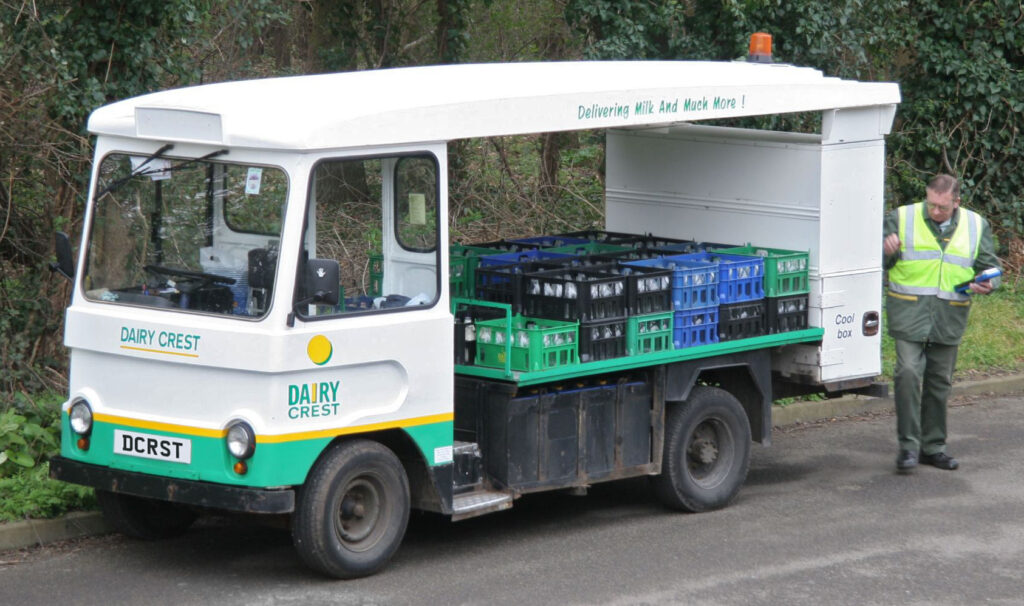
Brands Demonstrating Social Responsibility
In moves that have won widespread popular support, several stores and brands have taken steps to help people manage in these tough times. This has meant more than just messages of solidarity or charitable donations. We've known from early on that the old are more vulnerable to this threat, and so many grocery stores and supermarkets have been running "seniors only" opening hours to help old folks do their weekly shops in a safer environment - especially important considering many in this group find it more difficult to access online alternatives.
Additionally, many stores have taken a stand against panic buying. This hoarding of vital supplies makes it harder for others to get their fair share. Therefore, companies have placed caps of the quantity of certain products that any one customer may purchase. Other stores like Costco have taken additional measures, such as refusing refunds on these products should hoarders try to return excess products after the crisis.
Online Commerce
Dramatic Surge in Demand
This should come as no surprise. With most people staying at home as much as possible (and many forced to stay home by law), people are now buying both the essentials and luxuries online. In specific product categories, we can see particularly pronounced increases. Online platforms are seeing bumps in sales of groceries, immune system boosting foods and supplements, and essential home supplies.
Milkmen, Modernized
The aforementioned success of local route-based delivery services isn't just limited to legacy businesses like the traditional milk run. In the Netherlands, grocery delivery app Picnic has also reaped the benefits. The plucky startup had made waves in 2017 by securing hundreds of millions of euros in funding, and so was well-positioned to provide their highly desirable services during this time.
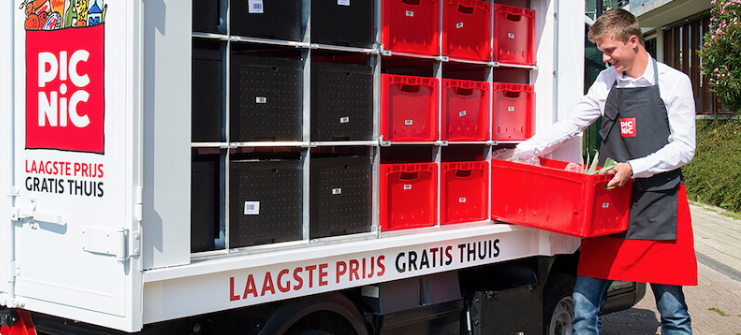
Newly Expanding Demographics
The young and tech-savvy were the first to turn to online shopping in this time of crisis. It makes sense - they were already accustomed to shopping online, and so were able to easily fall back on it. But more interesting is the number of unusual users hopping online to make what is for some their first online purchases. Older and less tech-savvy folks are now flocking to online platforms for the convenience and sometimes by sheer necessity. This means that swathes of new users have appeared, with different needs and interests.
It perhaps isn't too optimistic to hope that after this crisis abates, some of these users will stick around on online platforms. After all, that first jump online is often the most intimidating. Now that they'll be more familiar and comfortable with shopping online, they might well continue to do so after this is all over. And that means it's important to think about how you can best serve these consumers now.
The Future
Learning Lessons From the Far East
China and other countries in East Asia are starting to emerge from the crisis now. Normality is returning to many major cities, and determined "business as usual" is becoming, well, literal business as usual. That means that companies should look to China and businesses there in the coming months to observe what the end of the crisis in their own country might look like. The light of the tunnel is nearing in many places, and it's important to hit the ground running.

For instance, after the virus kicked off during the year's biggest festive celebration, Chinese New Year, some major platforms held a 'New Year Do-Over' shopping festival as the crisis relaxed. This helped reassure consumers, celebrate the resumption of normality, and kick things back into gear with a positive attitude. Not every brand or even platform is going to be in a position to kick off a major sale when their own platform returns to normality. But it is one example you can learn from, and a sign to pay attention to China and its businesses in coming months.
If you're interested in learning more about Chinese eCommerce, how your business can go online, or ways to enhance your existing eCommerce efforts during these tough times, get in touch to book a consultation with our experts!

